Parental support of sport participation for youth with a mobility impairment
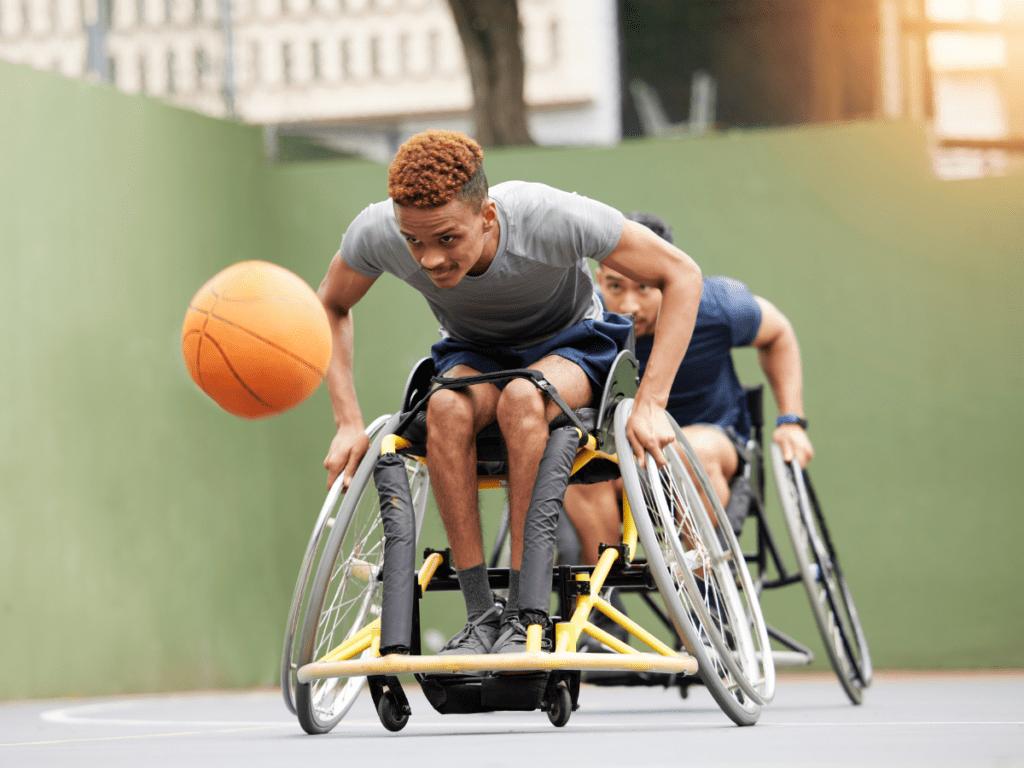
View the summary of this research here. Project summary Parents have an important influence on their children’s sport participation. The objective of this research was to examine parental support for youth with a mobility impairment’s (MI’s; limitations to musculoskeletal or neurological systems which impact movement) sport participation. This objective was accomplished through two studies. Study…
Using technology to design and deliver positive youth sport programs
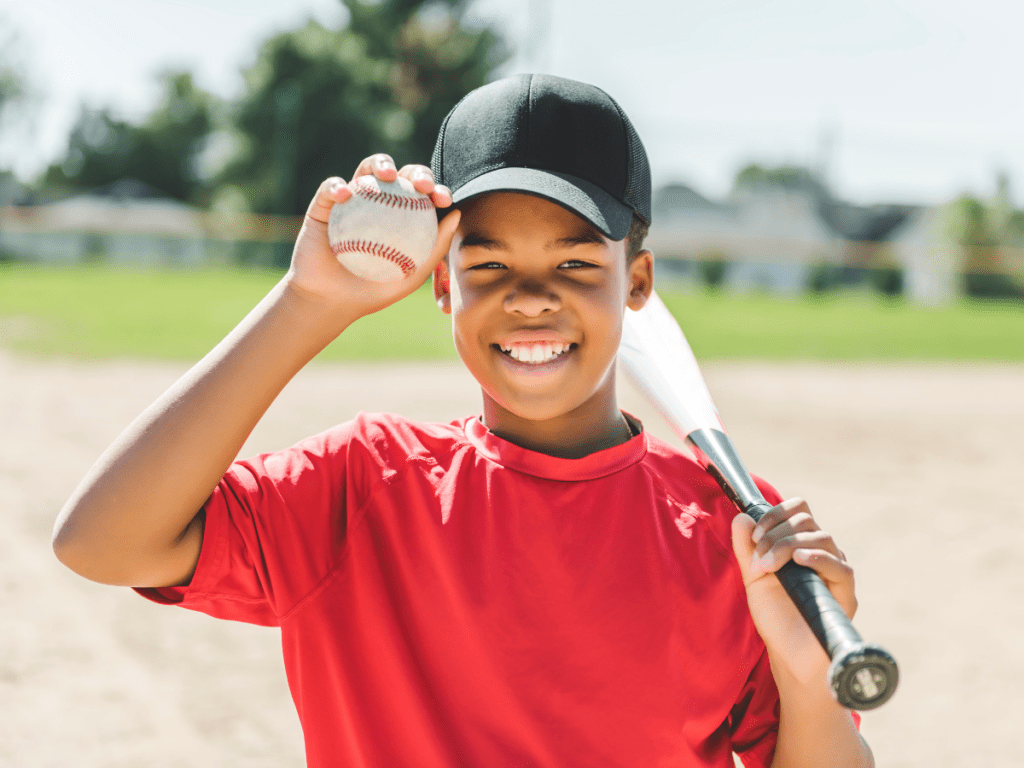
Project Summary The purpose of the study was to gain insight into how positive youth development (PYD) through sport and physical activity is understood for Indigenous youth in western, central, and eastern urban communities in Canada. The following research questions were addressed: 1) What meaning do the outcomes related to PYD in sport and physical…
Returning to Play…Better
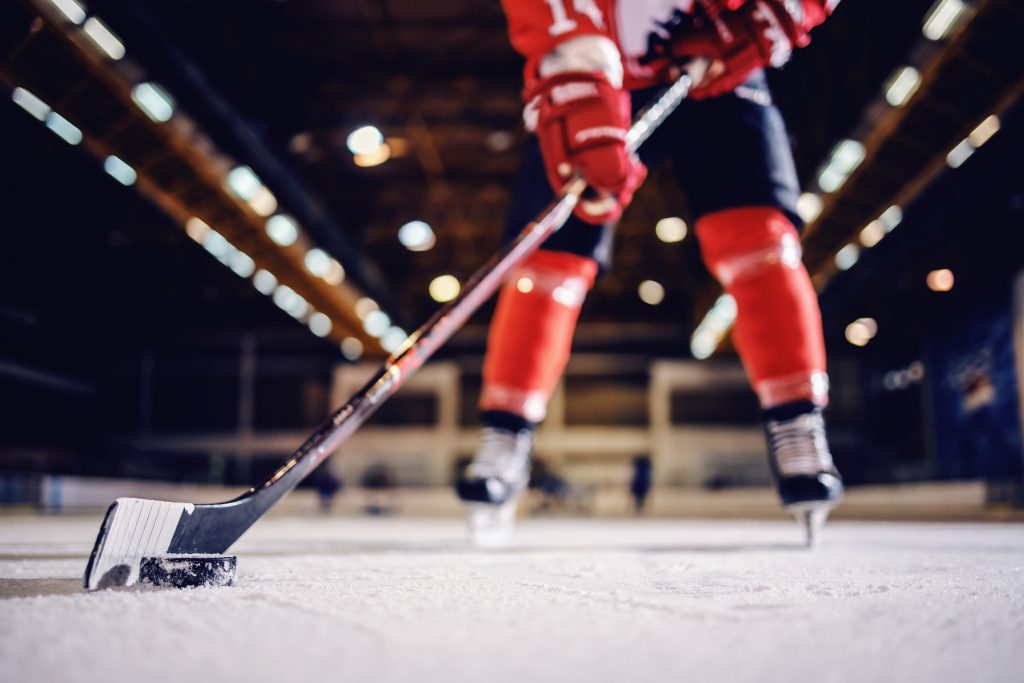
When the initial shock of the COVID-19 lockdown passed, the attention of our sector turned to contemplating what sport and physical activity would look like in an era of public health restrictions. The development and implementation of return to play plans, driven by a commitment to sport organizations’ members and the practicality of long-term sustainability,…
Back to School Stress
For parents/guardians and children, levels of anxiety and stress surrounding back to school plans may be high. Researchers from the University of Calgary recommend honest and open discussions and the use of the “name-it-to-tame-it” strategy to support a positive back to school transition.
Bringing a Trauma-Sensitive Focus into Children’s Active Play
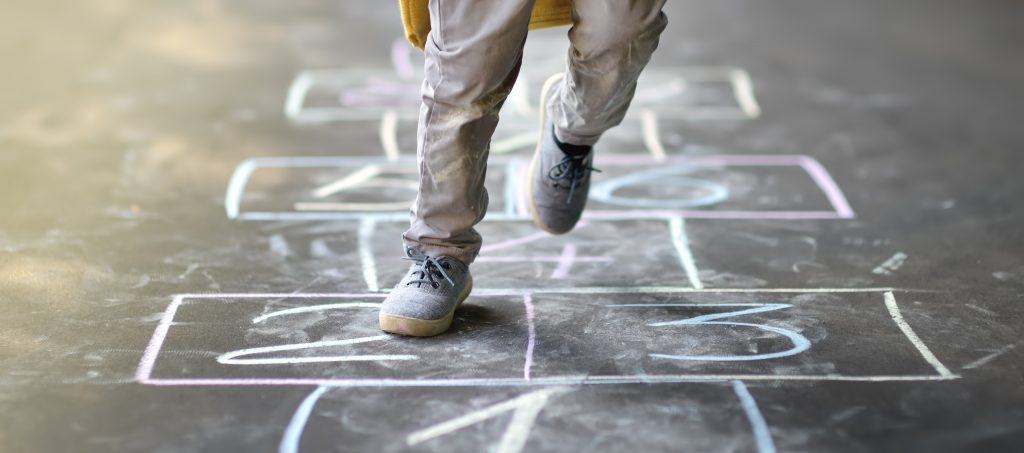
It’s September – a traditional time of transition. This year, because of the COVID-19 pandemic, children are confronting significant change and uncertainty. Children are at elevated risks of negative physical and mental health consequences for several reasons (Chanchlani et al., 2020). First, school, daycare, and community programming closures in March 2020 resulted in potential loss…
Digital Program Admin
Thinking about taking your program registration and evaluation tasks online? In the SIRCuit, MLSE LaunchPad shares insights and best practices from the development of their Scoreboard™ digital platform.
Hometown Heroes
Millions of people tune in to watch athletes from their own communities compete for Olympic and Paralympic medals. Research suggests youth perceive a special connection with elite athletes from their hometown because they share similar sport-related experiences, such as team or club affiliation, coaches, and facilities. This affiliation may support increased participation after major sport…
The relationship between team cohesion and youth sport participation
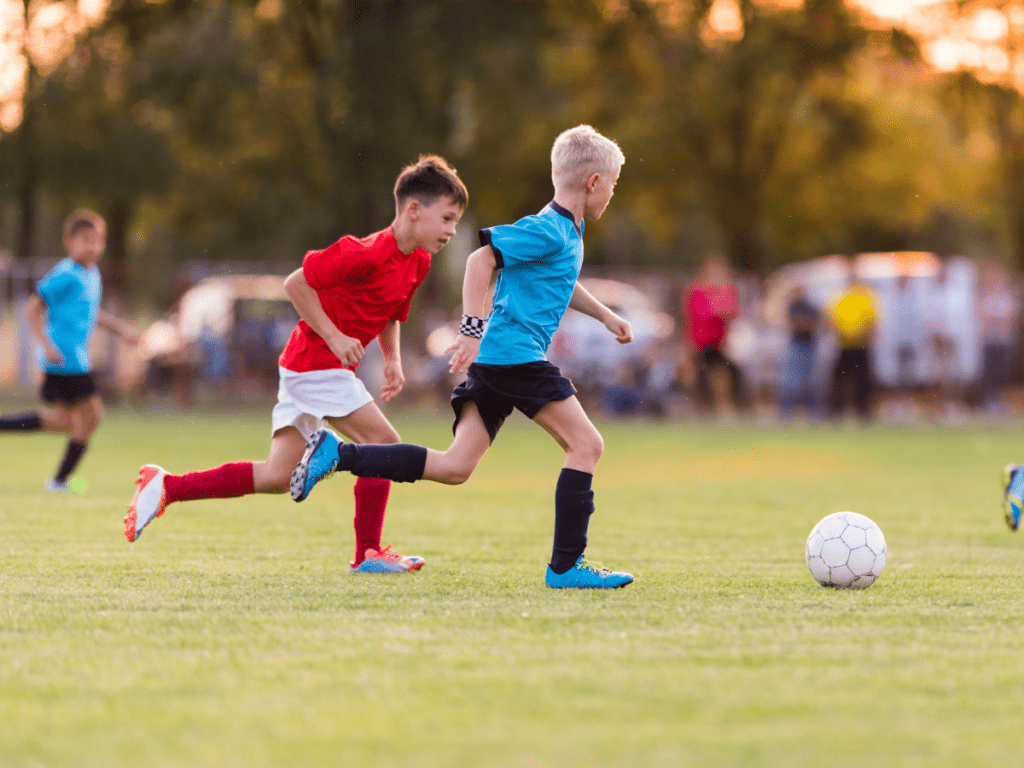
Project Summary The first objective was to examine the relationship between task and social cohesion, and three participation-related outcomes (self-reported effort, practice attendance, and intention to return to the team the following season). Results indicated that cohesiveness around the team’s task was positively related to effort and intention to the return, but not to practice…
Understanding the influence of peer groups in sport on adolescent social development

Project Summary The primary objective of this research was to examine how the identities that youth form through membership on sport teams – their social identities – influence their social development. Specifically, the research examined the relationships between social identity and prosocial (e.g., helping an injured opponent) and antisocial behaviors (e.g., deliberately hurting an opponent)…
A sport-based critical hours program for low-income youth
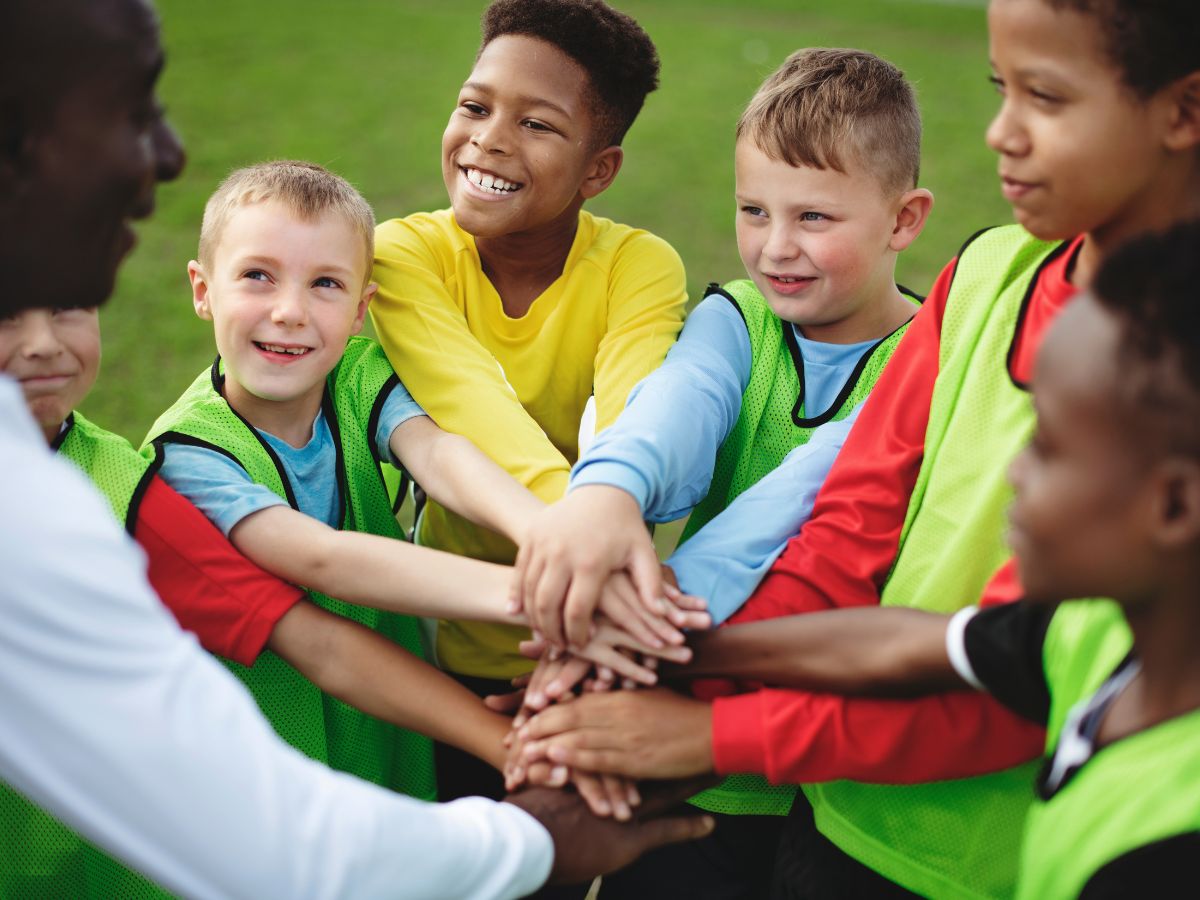
Project Summary This program of research addressed three important issues faced by Canadian children; the problem of low physical activity, the need to increase sport participation, and the absence of programming during the ‘critical hours’ after-school period (see Active Health Kids Canada, 2012 Report Card for a review). It is particularly important to offer critical…